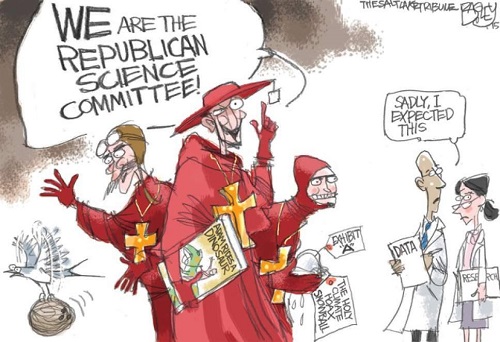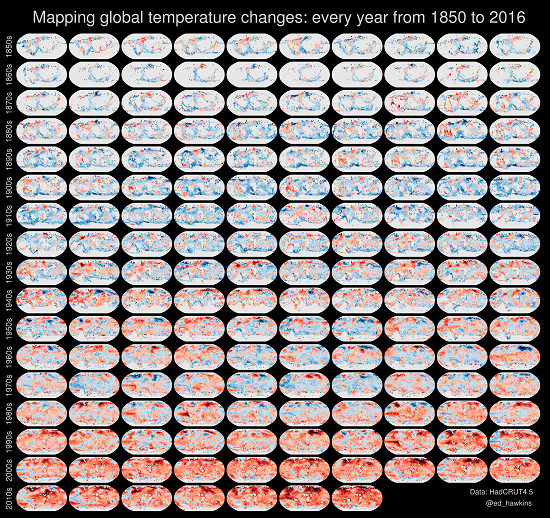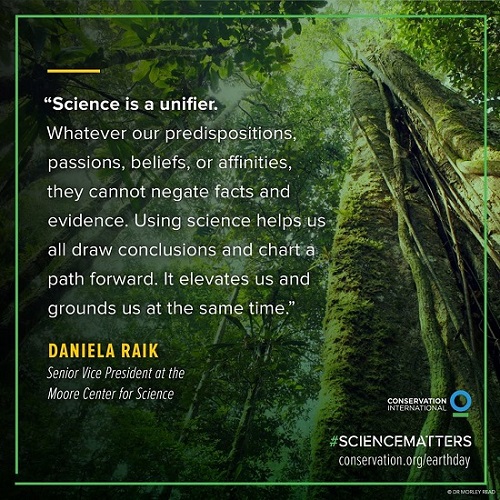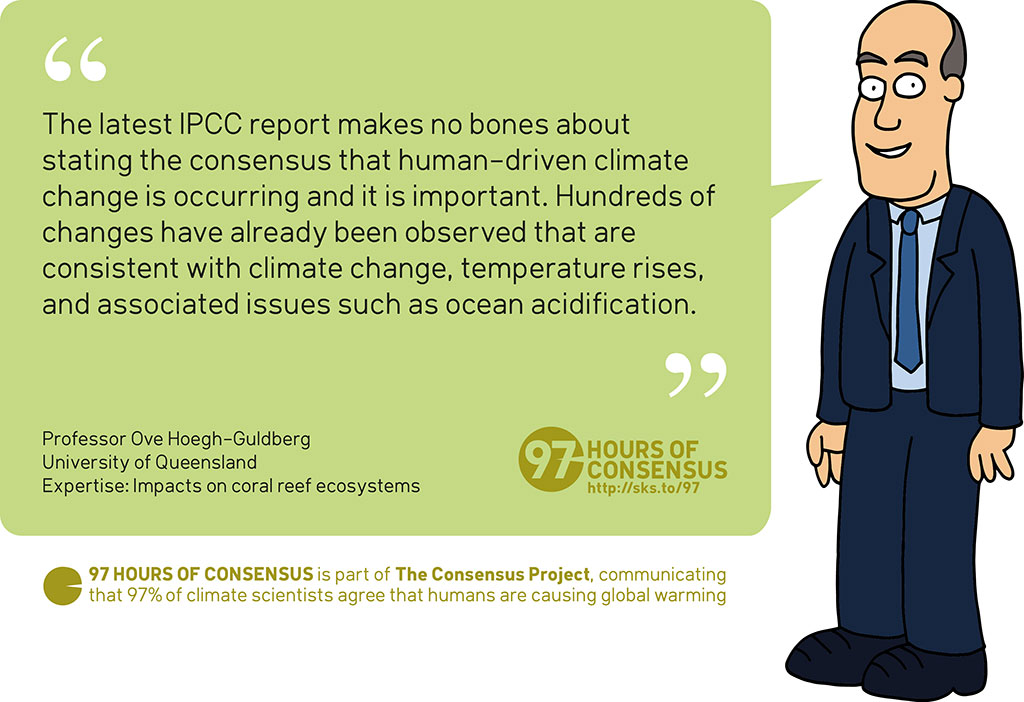2017 SkS Weekly Climate Change & Global Warming Digest #25
Posted on 25 June 2017 by John Hartz
Story of the Week... Resolution of the Week... Toon of the Week... Quote of the Week... Graphic of the Week... SkS Spotlights... Video of the Week... Coming Soon on SkS... Poster of the Week... Climate Feedback Postings... SkS Week in Review... 97 Hours of Consensus...
Story of the Week...
The World Is Burning

A view of rusted, abandoned ships in Muynak, Uzebkistan, a former port city whose population has declined precipitously with the rapid recession of the Aral Sea. Credit: UN Photo/Eskinder Debebe
Record high temperatures are gripping much of the globe and more hot weather are to come. This implies more drought, more food insecurity, more famine and more massive human displacements.
In fact, extremely high May and June temperatures have broken records in parts of Europe, the Middle East, North Africa and the United States, the World Meteorological Organization (WMO) reported*, adding that the heat-waves have arrived unusually early.
At the same time, average global surface temperatures over land and sea are the second highest on record for the first five months of 2017, according to analyses by the US National Oceanic and Atmospheric Administration (NOAA), NASA-Goddard Institute for Space Studies and the European Centre for Medium Range Weather Forecasting Copernicus Climate Change Service.
The World Is Burning by IPS News Desk, Inter Press Service (IPS), June 23, 2017
*Records fall amid heatwaves, World Meterological Organization (WMO), June 21, 2017
Resolution of the Week...
International Science Group Decries Trump Climate Pact Exit
The International Union of Geodesy and Geophysics also criticizes the U.S. withdrawal from the Green Climate Fund as perhaps more damaging than the nation’s exit from the Paris climate agreement.

The Arc de Triomphe in Paris glowed a celebratory green on 4 November 2016, the day the climate accord negotiated in that city took effect. Last week, the International Union of Geodesy and Geophysics issued a statement challenging U.S. President Donald Trump’s 1 June decision to withdraw the United States from the accord. Credit: Chesnot/Getty Images
The fallout continues from U.S. President Donald Trump’s decision earlier this month to withdraw the country from the Paris climate change accord.
The International Union of Geodesy and Geophysics (IUGG) issued a statement last week stating that the organization “is dismayed” that the United States seeks to renegotiate or withdraw from the accord.
“The world expects that scientific excellence and scientific knowledge will be incorporated into decision-making and that internationally binding decisions, once made, will be honored by governments and their successors,” the 12 June IUGG statement reads. IUGG, established in 1919, is the oldest nongovernmental international scientific organization dealing with Earth and its environment.
By withdrawing from its leadership role in the Paris accord, the United States “has lost the opportunity to help reduce emissions,” the statement continues. “IUGG therefore encourages the United States to continue to meet the aspirations of the Paris Agreement through the efforts of the states, cities, industries and citizens.”
The IUGG statement also notes that the decision by President Trump to terminate U.S. funding to the Green Climate Fund to assist developing nations with climate change–related investments is “as damaging, or more damaging than a potential US withdrawal” from the Paris accord.
International Science Group Decries Trump Climate Pact Exit by Randy Showstack, Eos.org, June 21, 2017
Toon of the Week...

Quote of the Week...
“These are the fastest retreating glaciers on the face of the Earth,” says Eric Rignot, a glaciologist at the NASA Jet Propulsion Laboratory in Pasadena, California. Rignot has studied the region for more than two decades, using radar from aircraft and satellites, and he believes the collapse of the West Antarctic Ice Sheet is only a matter of time. The question is whether it will take 500 years or fewer than a hundred—and whether humanity will have time to prepare.
“We have to get these numbers right,” Rignot says. “But we have to be careful not to waste too much time doing that.”
Antarctica Is Melting, and Giant Ice Cracks Are Just the Start by Douglas Fox, National Geographic, July 2017 Print Edition
Graphic of the Week...

The visualisation technique of ‘small multiples’ is often used to communicate a simple message. The above example shows maps of temperature change from 1850-2016 – the overall warming trend is obvious even though the details are fuzzy.
Technical details: The HadCRUT4.5 dataset is used with anomalies from a 1961-1990 baseline period. An annual average for a particular grid cell and year is only shown if 6 or more months have data, otherwise it is coloured grey. The colour scale runs from around -2.5C to +2.5C. [Updated June 2017]
Other examples: NASA have made a similar visualisation for melting Arctic sea ice.
Mapping global temperature change by Ed Hawkins, Climate Lab Book, Aug 24, 2016
SkS Spotlights...
What: This blog is an experiment in ‘open source’ climate science. It is written by climate scientists, but open to anyone to see and comment. Guest posts are encouraged! If you want to contribute a post, please contact the editor.
Aim: To promote collaboration through open scientific discussion, and to improve our understanding of our evolving climate. Success would be a single, collaborative paper as a result of discussions on this blog.
How: If the posts are interesting to you, please comment. Or contribute a post of your own. Views from climate scientists (and beyond) are welcome and encouraged
It is not: Please keep the discussion scientific and on topic – this is not meant to be a typical blog discussion of the consensus view on climate science.
Ed Hawkins (editor) – 24th January 2012 –
Video of the Week...
What Climate Science Can (and Can’t) Predict
People tend to bandy around the term "scientific consensus" a lot, particularly when talking about climate change. When 97% of the scientific community agrees that climate change is a real thing, you have to wonder about the remaining 3%. Are they being true skeptics, or are they holding out for ulterior motives? Philip Kitcher has a theory that blows the "skeptics" idea out of the water; the scientific consensus that human beings have been making the world hotter has been agreed upon for close to 100 years, and climate scientists who disagree are disagreeing with the fundamentals of science itself. Kitcher goes on to predict what havoc future generations might have to face if we don't look hard in the mirror about climate change. We shouldn't wait until lizards start living at the north and soul poles to change our human behaviors—we should be the change today.
What Climate Science Can (and Can’t) Predict by Philip Kitcher, Big Think/You Tube, June 19, 2017
Coming Soon on SkS...
- New study confirms ocean warming (John Abraham)
- Trump fact check: tackling climate change saves money (Dana)
- Climate scientists just debunked deniers' favorite argument (Dana)
- We are heading for the warmest climate in half a billion years (Gavin Foster)
- SkS Analogy 09 - Greenhouse effect is a stack of blankets (Evan)
- 2017 SkS Weekly Climate Change & Global Warming News Roundup #26 (John Hartz)
- 2017 SkS Weekly Climate Change & Global Waming Digest #26 (John Hartz)
Poster of the Week...

Climate Feedback Postings...
Energy Secretary Rick Perry incorrectly claims CO2 is not primary cause of climate change, Claim Review, Climate Feedback, June 20, 2017
SkS Week in Review...
- 2017 SkS Weekly Climate Change & Global Warming News Roundup #25 by John Hartz
- Exxon, Stephen Hawking, greens, and Reagan’s advisors agree on a carbon tax by Dana Nuccitelli (Climate Consenus - the 97%, Guardian)
- Claiming that Listerine alleviates cold symptoms is false: To repeat or not to repeat the myth during debunking? by Stephan Lewandowsky
- To lead on climate, leave the ivy tower by Ralien Bekkers, Hillary Aidun, Emily Wier & Geoffrey Supran (Climate Consensus - the 97%, Guardian)
- New Video: John Cook and the 97 Percent by greenman3610 (Climate Denial Crock of the Week)
- Factcheck: Grenfell Tower fire and the Daily Mail’s ‘green targets’ claim by Leo Hickman (Carbon Brief)
- 2017 SkS Weekly Climate Change & Global Warming Digest #24 by John Hartz
97 Hours of Consensus...

Quote derived with author's permission from:
"Despite the mounting evidence, there are still some who would deny the veracity of human-caused climate change and its potential to disrupt and harm our communities ... The latest [IPCC] report makes no bones about stating the consensus that human-driven climate change is occurring and it is important. Hundreds of changes have already been observed that are consistent with climate change, temperature rises (documented below), and associated issues such as ocean acidification."































 Arguments
Arguments






























Some great articles, however the main reason the aral sea has receded is rivers feeding the sea were diverted for agriculture, starting right back in the 1960s (notably before the modern global warming era). If climate change is a factor, it should be stated as a "contributory factor" .
....and let me have the pleasure to introduce.....RSS TLT v 4.0!
According to their own chart, the trend in the lower troposphere has been 0.184 K/decade since 1979. That’s actually a little more than most surface records!
I guess RSS team will become even less popular among the climate deniers from now on!
HK @2, I am sure that that section of RSS TLT from 1997-2015 will be just as popular as ever. Of course, it will be mandatory to exclude 2016 because of "the impact of a large El Nino", a reason I have already seen offered and which, oddly, does not seem to provide a reason to exclude 1997/98.
Another option is to include all the data until now and then do an "analysis" by drawing a straight line between April 1998 (anomaly 0.8928 K) and May 2017 (0.6267 K) and conclude with a cooling trend of -0.139 K/decade.
It’s amazing how wishful thinking can override reality whether the topic is global warming or for instance some of the moon landing deniers’ claim that rocket engines don’t work in space!